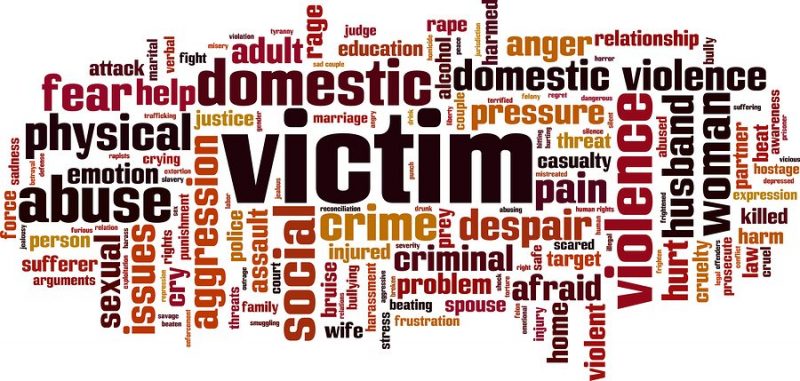As admittedly dull as this title sounds, such claims are often the best way for victims to obtain the financial compensation they need and also prevent further sexual violence from occurring at the same place and in the same manner.
Sexual assault victims must pay an average $110,000 in direct monetary costs, which are mostly medical bills and lost wages. That figure is up to three times more than most DUI victims pay. While compensation may be available through either restitution payments or a crime victim compensation fund, these resources are often inadequate to pay all these costs, and many health insurance companies, citing liability concerns, refuse payment outright.
Until 1991, the year of the Tailhook scandal, most jurors considered sexual assault to be a matter only between the victim and assailant. But during a Las Vegas convention for Navy aviators, ninety-two people were sexually assaulted and over 300 Naval officers were later removed from office. Tailhook made people realize that sometimes the environment, as well as the assailant’s act, may require legal action to correct.
Premises Liability and Third Party Crimes
In almost all states, including New York, property owners are legally responsible for certain third-party crimes, including sexual assaults, if the victim was an invitee, or a person whose presence conferred and actual or potential economic or noneconomic benefit on the owner. Nearly all invited guests fall into this category.
The Empire State is unique to the extent that courts impose some additional rules that are sometimes not present in other states.
- Foreseeable: Generally speaking, it is foreseeable that a sexual assault may occur where people consume alcohol, where there are dark passageways or alleyways, where there is inadequate security, and in some other situations. Legally, most courts consider the totality of the circumstances when determining foreseeability, such as the location, nature, and condition of the property, similar third-party crimes in the immediate vicinity, and the property owner’s prior experience, if any.
- Special Relationship: To obtain compensation in a third-party action, the victim must be more than just an invitee. There must be a special relationship between the property owner and the victim, such as business invitor-invitee, carrier-passenger, voluntary custodian-protectee, or innkeeper-guest.
The foreseeability rule is in effect in New York, New Jersey, and most other states, but New York is one of the few jurisdictions that require a special relationship.
Damages Available
In addition to the medical bills, lost wages, and other direct economic damages mentioned above, sexual assault victims almost always sustain intangible, noneconomic losses. For example, most victims experience post-traumatic stress, a condition that usually passes in time but for several months, or even longer, renders everyday tasks essentially impossible to perform.
Therefore, compensation is available for loss of consortium (companionship), pain and suffering, loss of enjoyment in life, emotional distress, and other such losses.
In extreme cases, such as a particularly dangerous lack of security, punitive damages may be available as well. These damages are important to convince the tortfeasor (negligent property owner) that the current course of action is not sustainable and changes must be made to keep special guests safe.
